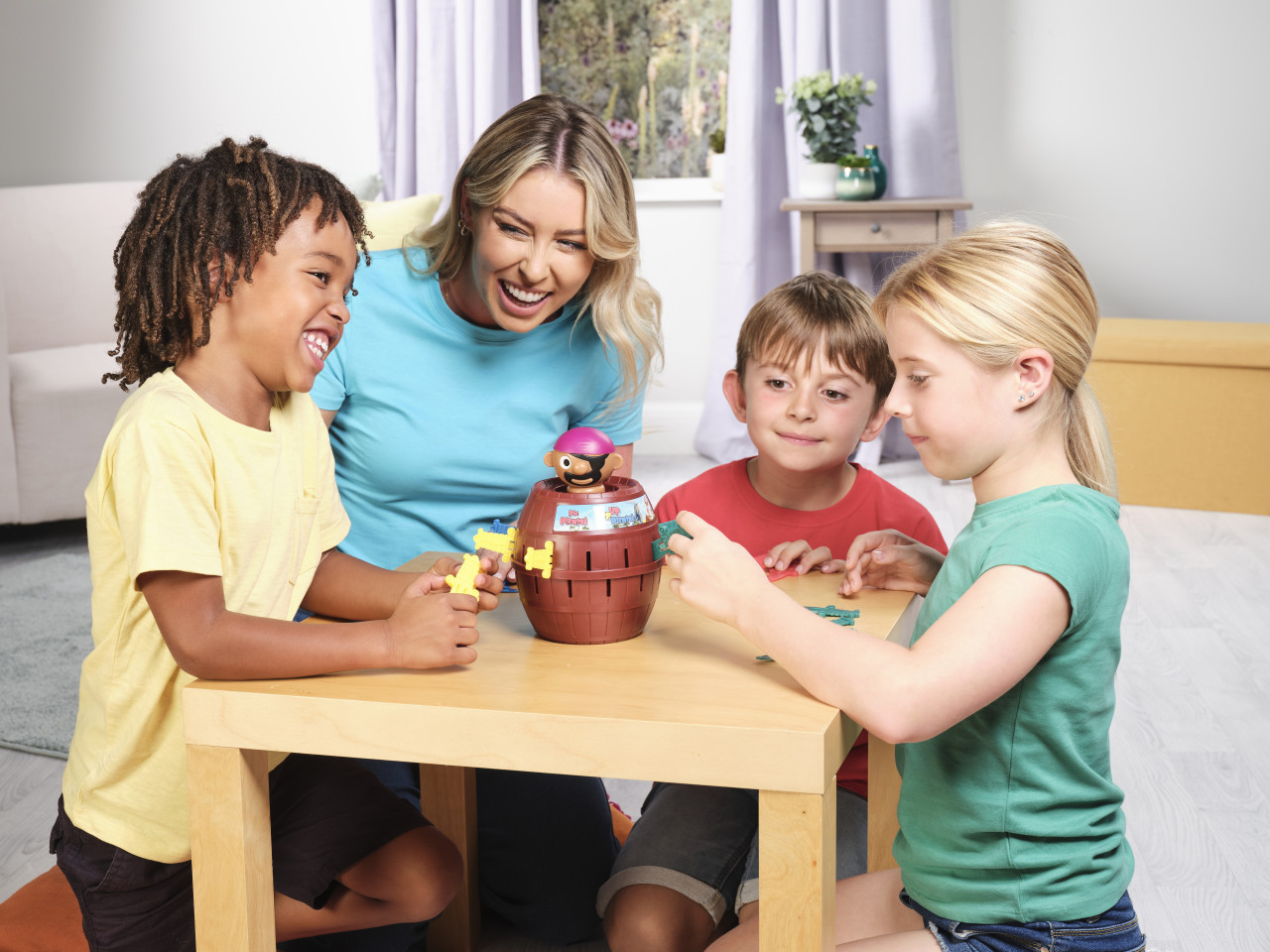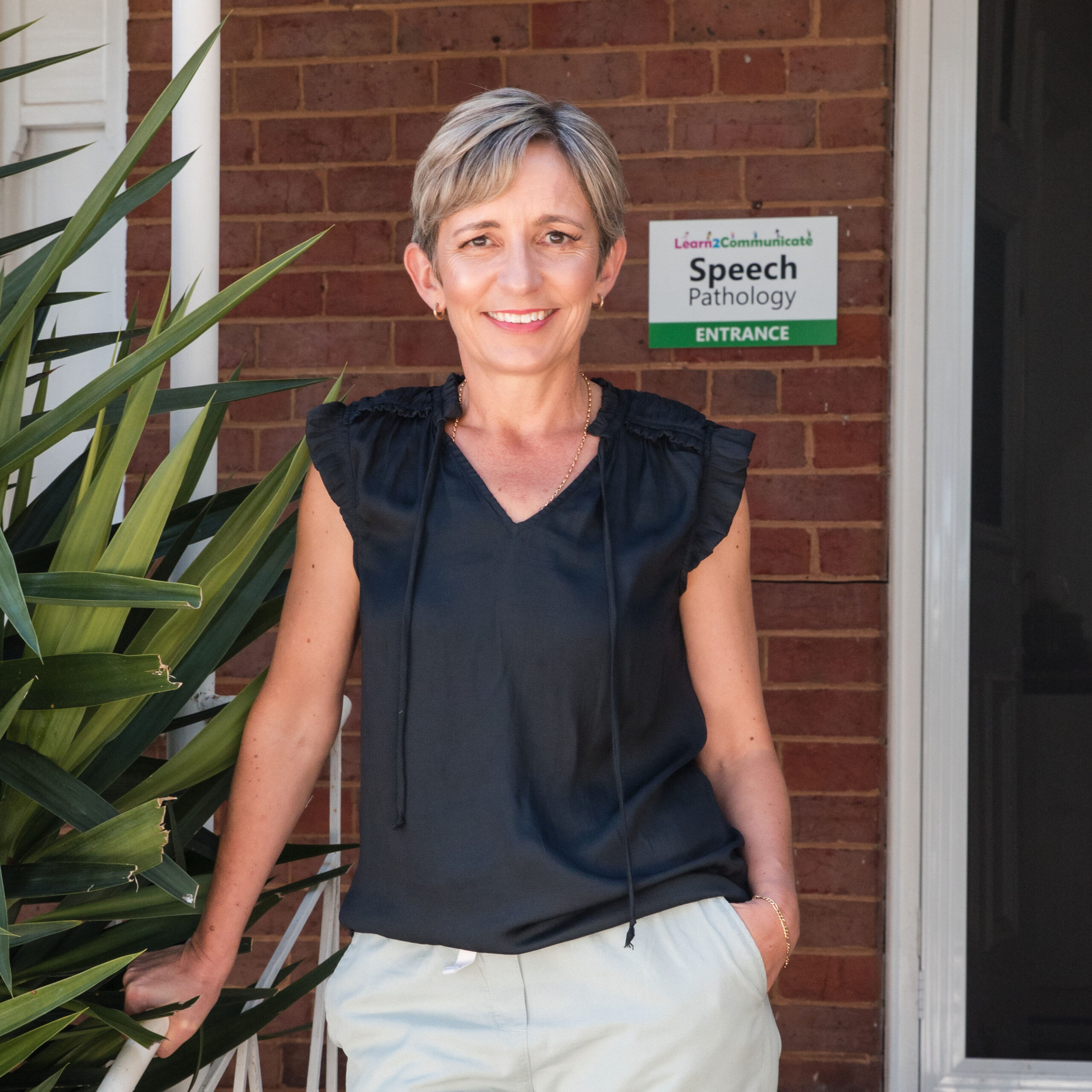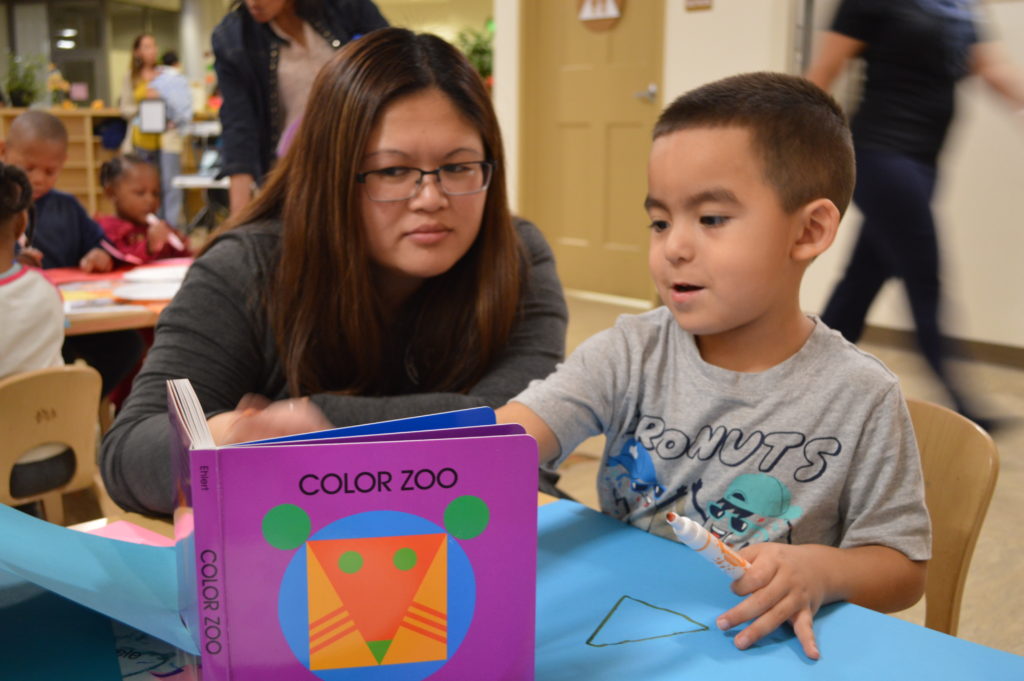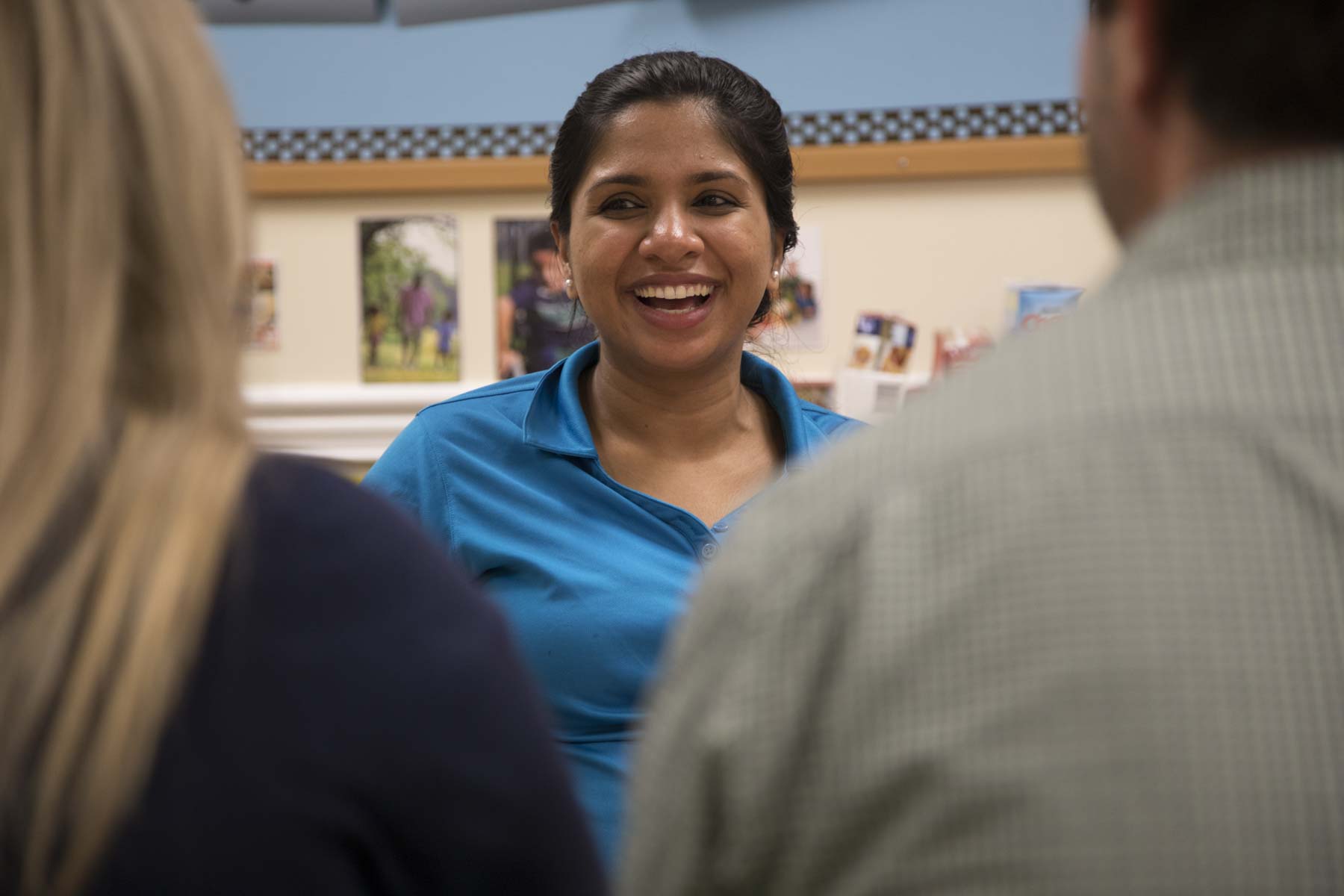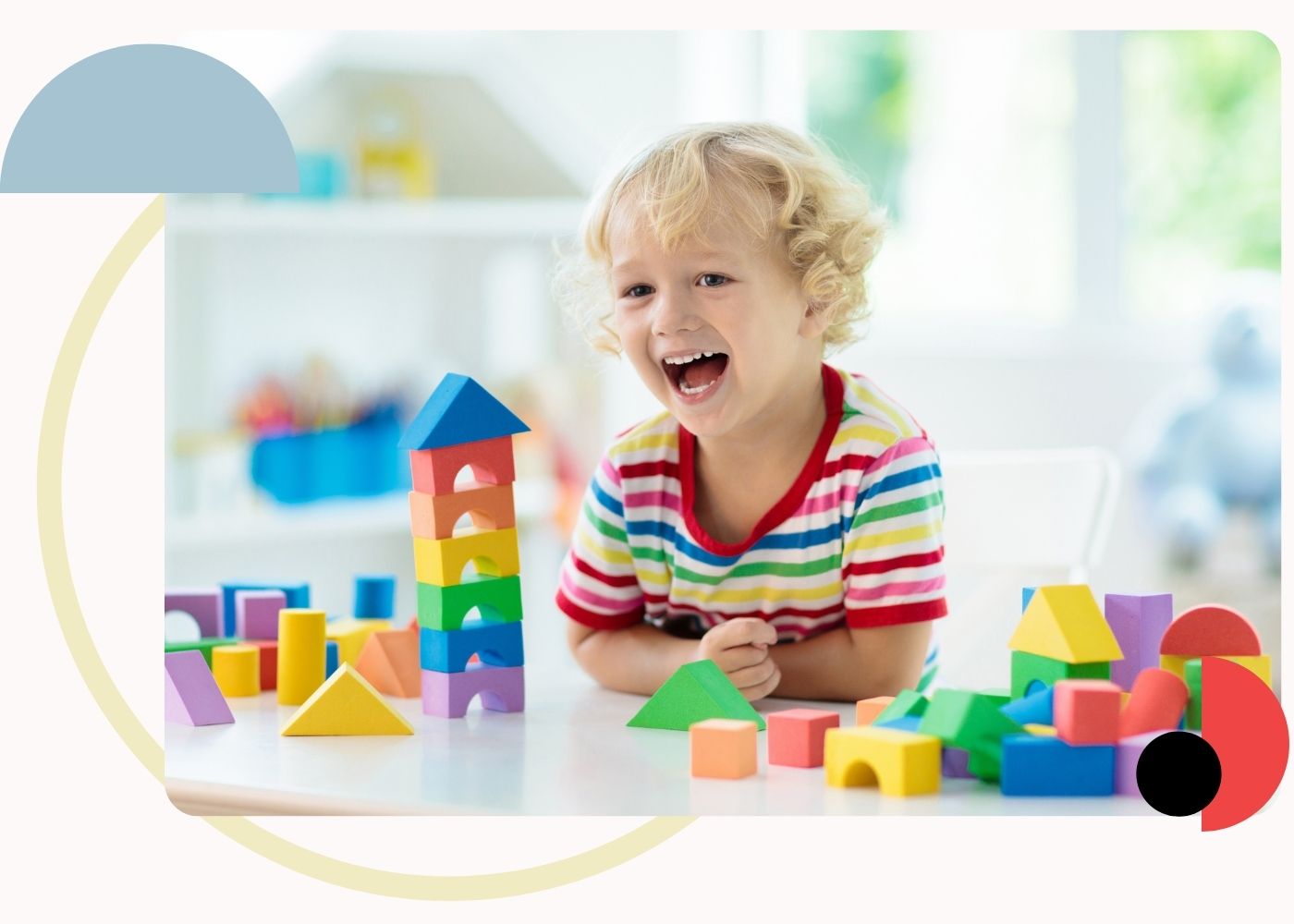Pop up Pirate
Ever wondered why every Speech Pathologist you have ever met has Pop up Pirate in the cupboard?
This little guy has a tough life getting nudged with swords of every colour on most days of the week until he finally pops out of the barrel!
Whilst it might just look like a fun, cheap toy, let me assure you that this this pirate is also a terrific therapy tool that is well worth adding to your toolbox if you are a parent or educator working with a child who has speech, language or communication difficulties.
Speech Sounds
Get your picture cards or real items ready.
Have your child either imitate the word after you with assistance or spontaneously say the word that includes your child’s target sound.
Encourage your child to say a word –> before then selecting a sword or (to get even more speech practice) encourage your child to say the word 5 times accurately before you give him/her a sword to stick into the Pirate.
Is your child working on ‘s-clusters’ ? If so, Pop up Pirate is the perfect therapy tool and you don’t even need picture cards as your child can say ‘stick in’ each time a sword is stuck into the barrel.
The same is true if your child is working on the ‘s’ sound. He / She can say ‘sword’ or ‘green /red / blue sword’ each time they have a turn.
If your child needs help with the /k/ sound, try incorporating a request into the activity e.g. “CAN I have a blue sword?”
The possibilities are pretty much endless when it comes to speech sounds and the use of Pop up Pirate.
For some children, the game can be played simply as a reward for completing a less preferred or more challenging activity.
Language Goals and Pop up Pirate
Pop up Pirate is not only helpful for making speech home practice fun. He can be used to help target a multitude of other goals including:
Taking turns with a play partner
Understanding the concepts of first –> next
Responding to questions such as “How many?” and “Where?”
Learning concepts of colour, number, sequence and location
Asking questions
Answering questions
Making predictions
Developing joint attention
There are so many ways to use Pop up Pirate to build communication skills. Home practice can be fun!
So, keep your eye out for this fun toy and plenty of others like it which have so many uses and never fail to find a little one’s smile.
If you are wanting more tips on getting the most out of home / preschool / school practice, then please take a dive into the last couple of Chatterbox blogposts https://learn2communicate.com.au/i-dont-want-to-when-children-wont-do-their-speech-home-programmes/ and https://learn2communicate.com.au/struggling-to-fit-a-speech-home-programme-into-your-life/ and have some fun!

